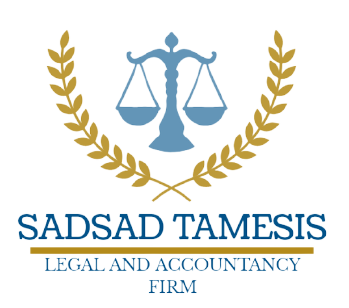
How do you prove that the property you possess is indeed yours? Many people believe that having a tax declaration is more than enough proof, and that it has the same weight as a land title. This, however, is certainly not the case. What is the difference between the two? And do you truly own your property, or are you simply in possession of it? Here’s what you need to know.
But first: what is the difference between possession and ownership?
Before we can discuss what a tax declaration and what a land title is, we must first clarify the definitions of the terms possession and ownership. These two terms highlight one of the core differences between the two documents – namely, how much authority each document provides. Legally speaking, possession and ownership have very different definitions, even if our everyday language frequently mixes them up together.
When someone is in possession of a property, he or she is in a de facto relationship with it. This means that the relationship is based on the control that the person has over the property. It is not defined by the legal recognition of who actually owns the property; just because a person possesses a property does not mean that he or she is its legal owner. Because he/she does not truly own the property, he/she does not have the rights to do anything beyond using it for its intended use. He/she cannot sell, dispose, or destroy it.
For example, someone can lease a vehicle, which grants him or her the right to use it. He/she is thus in possession of the vehicle. However, he/she is not the legal owner. Refusing to pay the due monthly payments may lead to the actual owners repossessing the vehicle.
Meanwhile, ownership is a legal acknowledgment of the owner’s rights. As the true owner of the property, he/she is free to do anything to the property. He/she could also be in possession of it, granting him/her physical control over it. He/she can also allow another person to occupy it, use it, sell it, give it away, or destroy it.
For example, say someone has ownership of a vehicle. As the true owner of the vehicle, he/she can do anything he/she wants to do with it. He/she can possess and use it, lease it to someone else, give it away, or destroy it. No one will be able to take the vehicle away from the owner, either.
What is the difference between a tax declaration and a land title?
Now that we know the definitions of possession and ownership, we can properly distinguish the difference between a tax declaration and a land title.
A land title serves as proof of the right of ownership to a property and is the most indisputable way to prove such. Whoever’s name is written on the land title is considered the official owner of the land. It must be registered with the Register of Deeds of whichever municipality, city, or province where the land is located.
On the other hand, a tax declaration shows the assessed value of the property on which the real property tax is based on. It also serves as proof that the one currently in possession of the land is complying with his/her tax obligations. Because of this, the tax declaration also serves as sufficient proof that the person named therein has a claim over the property. However, this does not mean that it’s sufficient proof of ownership.
Someone who has a tax declaration of a property but not a land title does not have true ownership on said property. However, it does prove your rights to possess it. If there is no land title attached to a property, a holder of a tax declaration may have a shot at claiming ownership.

